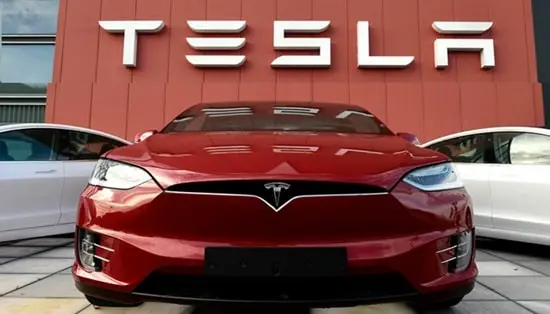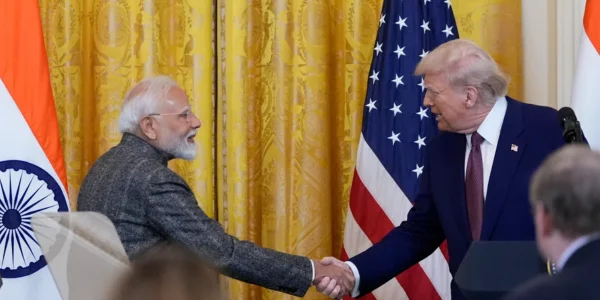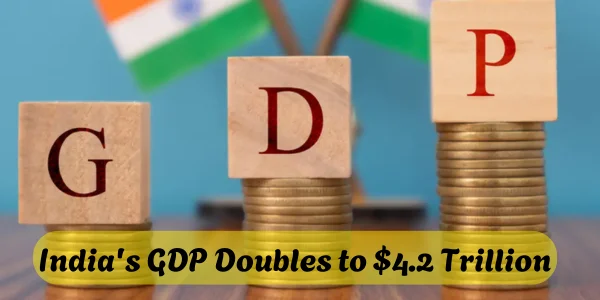Tesla’s ambitious plans to expand into the Indian market have hit significant roadblocks. Despite initial excitement and high expectations, recent developments indicate a pullback, influenced by both global pressures and local regulatory challenges. This analysis delves into the multifaceted reasons behind Tesla’s recalibration of its India strategy and examines the broader implications for the electric vehicle (EV) market in India.
Global Economic Pressures

Tesla, like many global companies, is navigating a complex economic landscape marked by inflation, rising interest rates, and geopolitical tensions. These factors have led to cost pressures and supply chain disruptions, compelling Tesla to reassess its international expansion plans.
Supply Chain Challenges
The global semiconductor shortage has particularly affected the automotive industry, and Tesla is no exception. The scarcity of critical components has led to production delays and increased costs, impacting Tesla’s ability to meet its ambitious production targets. This has forced the company to prioritize markets where it already has a significant presence and well-established supply chains.
Financial Constraints
Tesla’s financial performance, while robust, is not immune to market volatility. The company’s stock has experienced fluctuations, influenced by broader market trends and specific challenges within the tech and auto sectors. In this context, Tesla’s cautious approach towards new market entry, especially in regions with high regulatory and operational challenges like India, is understandable.
Local Regulatory Hurdles
India, with its vast potential market for electric vehicles, presents a lucrative opportunity. However, the regulatory environment poses significant challenges for foreign automakers.
Import Duties and Local Manufacturing
One of the primary hurdles Tesla faces in India is the high import duty on fully built cars, which can be as high as 100%. This makes Tesla’s vehicles significantly more expensive for Indian consumers. While the Indian government has encouraged Tesla to set up local manufacturing, the company has been hesitant, citing the need for a stable policy framework and viable market conditions before making such a significant investment.
Bureaucratic Challenges
Navigating India’s complex regulatory landscape can be daunting for foreign companies. Issues such as obtaining clearances, dealing with multiple government agencies, and complying with local standards can slow down the entry process. For Tesla, which thrives on agility and innovation, these bureaucratic hurdles represent a substantial challenge.
Market Dynamics and Competition
The Indian EV market is still in its nascent stages but is rapidly evolving. Domestic players like Tata Motors and Mahindra Electric, as well as international brands like Hyundai and MG, have already made significant inroads.
Consumer Preferences and Affordability
Indian consumers are highly price-sensitive, and while there is growing interest in electric vehicles, the market is dominated by affordable models. Tesla’s premium positioning and high price points may limit its appeal to a niche segment of wealthy urban consumers. Competing with locally manufactured, more affordable EVs presents an additional challenge for Tesla.
Infrastructure Development
The development of EV infrastructure, including charging stations, is critical for the adoption of electric vehicles. While India has made strides in this area, the infrastructure is still inadequate compared to more developed markets. Tesla’s Supercharger network, a key component of its strategy in other markets, would require significant investment and collaboration with local partners to establish in India.
Strategic Reevaluation
In light of these challenges, Tesla’s decision to pull back on its aggressive push into the Indian market appears strategic. By focusing on consolidating its position in existing markets and addressing global supply chain issues, Tesla aims to stabilize its operations and financial performance.
Potential for Future Engagement
Despite the current slowdown, India remains a strategic market for Tesla in the long term. The Indian government’s push towards electric mobility, coupled with the growing consumer awareness of sustainable transportation, presents a future opportunity. Tesla’s engagement with Indian officials and its interest in market entry suggest that while the timeline may have shifted, the ambition remains.

